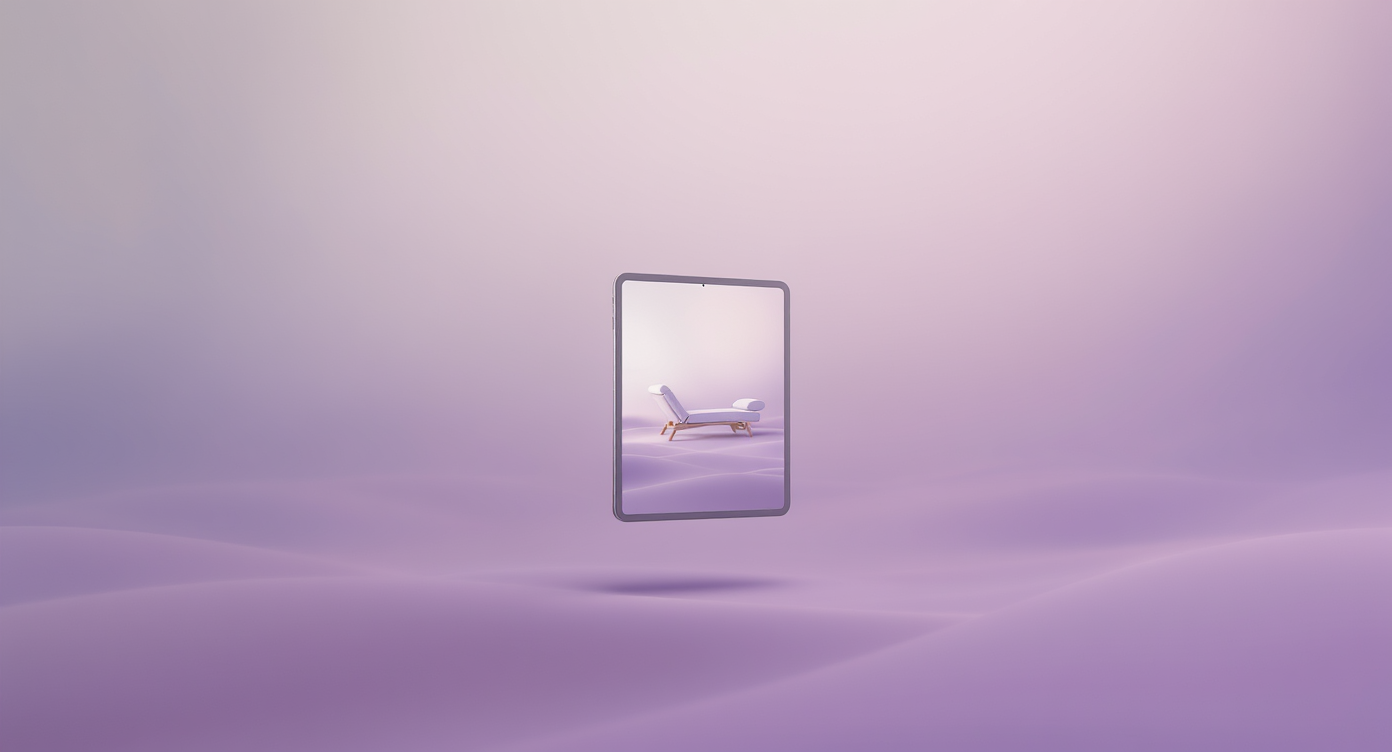

How did you feel after our last session? – it’s usually the first question I ask to my clients when we meet again. Sometimes the answer comes with relief, a sense of lightness, or clarity. Other times, it comes with the common phrase “Honestly, I felt worse.”
It happens often; clients walk through the door or log out after a therapy session. During the session it feels good, you feel like you finally let out things you have been carrying inside for quite some time. But after you are left alone with your thoughts, all you notice is a pool of heavy emotions: sadness, emptiness, anxiety. You try to put into practice what your therapist taught you: staying present, mindful, body scan, breathing exercises, tapping, moving around, but they don’t seem to help lift the heaviness. Instead, you are left with the unsettling thought that somehow you feel worse now than before you went to therapy.
This state of feeling often surprises people, and it can even make them wonder whether therapy is actually helping. The truth is, feeling worse after a session can be a natural and even important part of the therapeutic process. Sometimes we have something called a "therapy hangover." This means that we emotionally drained ourselves more than we were ready for, and our brains are just naturally stopping us from feeling any more emotions. This is very common and normal, especially if you are new to working with your therapist and told them things you wouldn't normally tell other people.
If this has happened to you, you’re not alone. In fact, it’s a common part of the healing process. Here’s why:
You may discuss unpleasant memories, face long-suppressed emotions, or say things aloud for the first time during a session. Reopening an old wound can be how this feel. Re-examining emotional pain can leave you feeling raw before it begins to feel better, much like cleaning out a physical injury might hurt before it heals properly.
Therapy is an active, emotional process that involves more than just talking. You may discover things that make you reevaluate your past, relationships, or self-perception. It can be a little unnerving. You may feel agitated, worn out, or even overwhelmed while your body and brain adjust to the new awareness.
Setting boundaries, challenging preconceived notions, or thinking of alternative coping mechanisms are just a few of the things that therapy frequently asks us to do. Rarely is change simple. Short-term negative feelings typically indicate personal growth rather than failure.
The good news is that after a challenging session, there are gentle ways to help yourself. You can overcome the discomfort and continue to benefit from the therapy if you take care of yourself during those times. Here are a few gentle ways you can practice self-care after a session:
• Schedule “me time”: Rather than diving straight into a stressful situation, give yourself time to relax, write in your journal, or take a walk.
• Engage in grounding exercises: mindfulness, deep breathing, and stretching can assist you in refocusing on the here and now.
• Show yourself compassion by reminding yourself that recovery isn't always a straight line. Therapy is still "working" even if you feel worse.
• Speak with your therapist: Share your feelings with them afterwards. They can make sure you feel supported, teach coping mechanisms, and help pace the work.
In the end, I hope what you get from this article is the realization that feeling worse after therapy doesn’t mean it’s not helping. It often means you’re touching the parts of yourself that need healing. With time, patience, and open communication with your therapist, these difficult moments can lead to meaningful breakthroughs. Healing can be messy, but it’s worth it. As David Richo beautifully states “Our wounds are often the openings into the best and most beautiful part of us.”
Here’s to gentler healing,
.png)